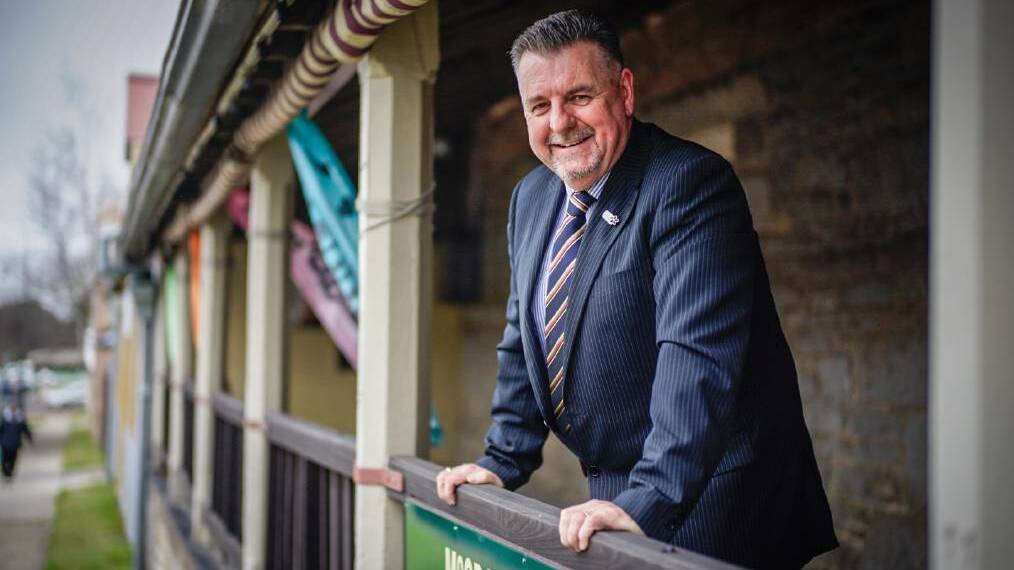
RATEPAYERS in Uralla can breathe a sigh of relief, with councillors voting unanimously against a rate hike of 54.5 per cent.
Subscribe now for unlimited access.
$0/
(min cost $0)
or signup to continue reading
Instead, the council will form a budget and finance review committee to look at options for cost cutting within itself.
Farmers already struggling through drought played a big role in the decision making, Uralla Shire Council mayor Michael Pearce said.
“The message was loud and clear, when you have over 100 people – which is the biggest gathering I’ve had in council chambers that included NSW Farmers representatives, it’s all about timing,” he said.
“The community concerns were financial inability to pay, impact on pensioners, business owners and particularly the farmers during this horrible, horrible drought.”
Council’s budget will fall into the red by 2020 if substantial changes are not made, leading it to fail a number of Office of Local Government measures.
It’s unclear how the budget and finance review committee will determine different cost cutting measures to those already identified in the Morrison Low independent review.
One scenario suggested cost cutting measures include reducing councillor numbers to seven, closing the Bundarra library, reducing maintenance to nature strips and the frequency of the newsletter.
But, everyone agreed change needs to be made and fast.
“We need to address it and do something now so hopefully we can find some avenues within the budget,” Cr Pearce said.
“At the end of the day you’re caught between a rock and a hard place.
“But I’m hoping the committee will have a decision in the next six to 12 months, so it will be heads down, backsides up.”
Moved by councillor Bob Crouch, the idea for the committee is to give the community more of an opportunity to be involved in the financial process.
Read also:
He said councillors bare the ultimate responsibility to the government and community.
“Our main rate base is our farming community, they’re the main income generators in the shire so any impact on them impacts other businesses in the shire,” he said.
“Councillors believe there are further savings to be made that weren’t identified in the review.”


